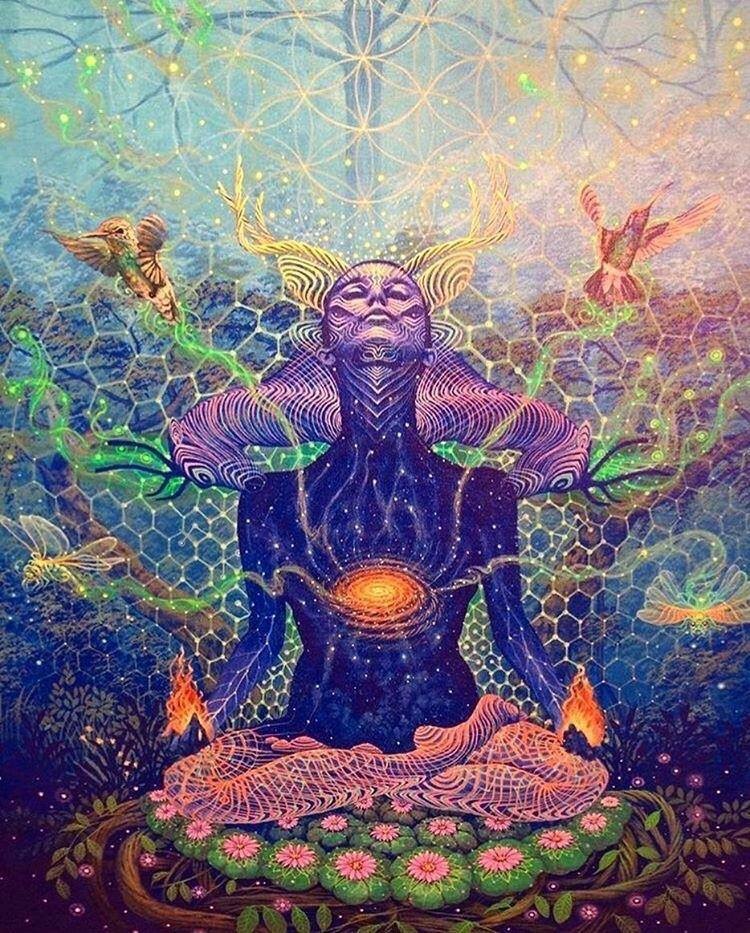Beauty is defined in many ways…
Our society uses superficial facial features to determine a person’s beauty. For instance, eyebrows.
But how do we react to those with little or no eyebrows?
Perfection is seen in a profile view, where long eyelashes protrude from the eyes, eyebrows frame the face and the hairline defines the head.
But how do we react to those who have missing eyelashes, eyebrows and hair?
Long, luxurious hair is a trophy for many women to flaunt, their ultimate crowning glory.
But what happens when that hair thins and all that remains is the smooth, bald scalp below?
These are external triggers that lead to loss of self-confidence & morale in people who have lost their hair, eyebrows or eyelashes or find their features changing due to illness or environment.
While the surgeries & treatments may leave some marks on their body, the way society perceives & treats them, can leave permanent scars on their minds.
The time has come for us to change the lense through which we perceive beauty. Should beauty truly be judged based on facial features, complexion & hair?
If we go by the traditional beliefs, people will always be in constant fear of living upto the pre-defined norms of beauty. The so called “healthy” person is already struggling to fit into the conventional mould of being “beautiful”. This would increase the mental disparity between them & the ones who are struggling to battle with their disease on the physical level already. They are seldom left with the energy to fight the battle with “beauty”. This is one of the major causes of anxiety & loss of self confidence amongst the sufferers & makes it that much more difficult for them to fully recover on all dimensions.
It is our responsibility to accept & embrace each one as an uniquely beautiful individual & treat everyone equally irrespective of their body shape, size, colour or facial features. By perceiving beauty through coloured lenses, we have distorted the self-image of all those who do not fit into the mould.
Should we continue judging people on the basis of ever changing external dynamics adding to their trauma? Or should we embrace people irrespective of their physical condition & simply focus on inner “beauty”?
“I am more than my physical body. Because I am more than physical matter, I can perceive that which is greater than the physical world. Therefore, I deeply desire to expand, to Experience; to know, to understand; to Control, to Use such greater energies and energy systems as may be beneficial and constructive to me and to those who follow me. Also, I deeply desire the help and cooperation, the assistance, the understanding of those individuals whose wisdom, development and experience are equal to or greater than my own. I ask their guidance and protection from any influence or any source that might provide me with less than my stated desires.”





